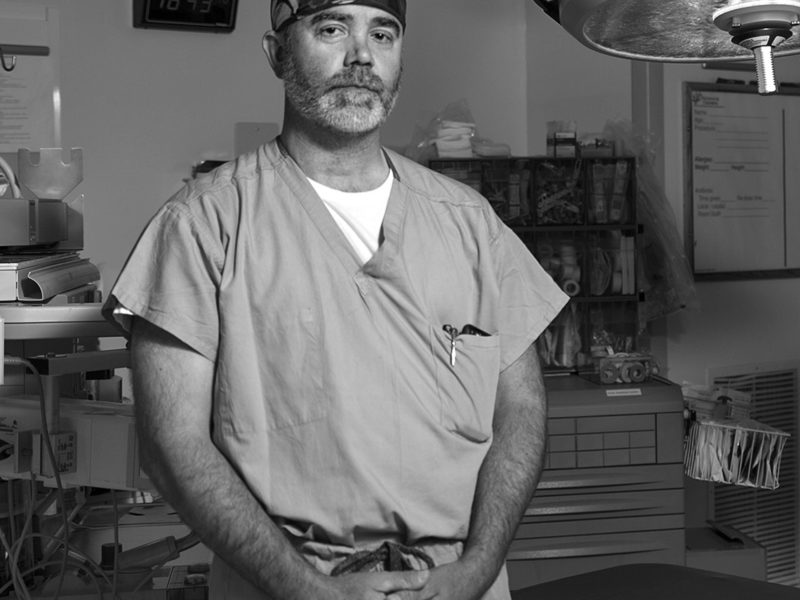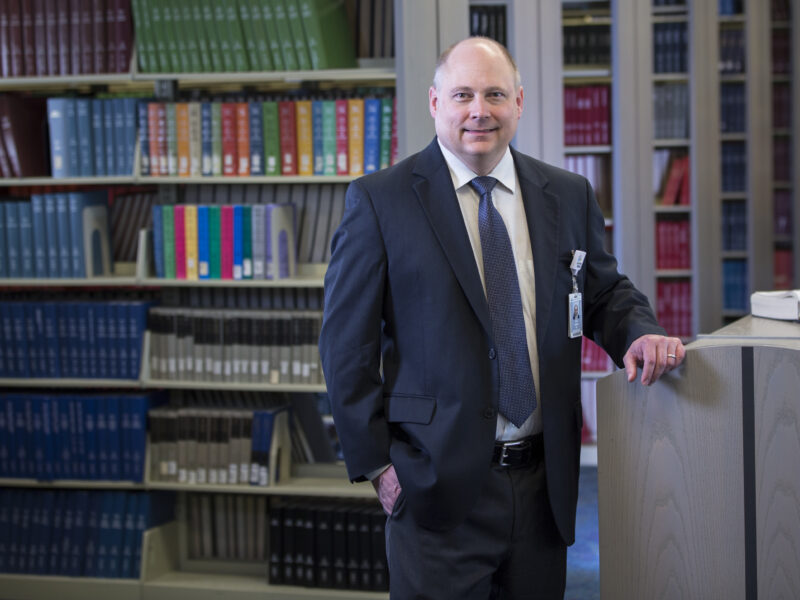Do You Believe in Integrated Health Care?
Do You Believe in Integrated Health Care? https://pediatricsnationwide.org/wp-content/themes/corpus/images/empty/thumbnail.jpg 150 150 Miguel Saps, MD Miguel Saps, MD https://pediatricsnationwide.org/wp-content/uploads/2021/03/Miguel-Saps.jpeg- May 19, 2015
- Miguel Saps, MD
Patients are more than a segregated set of organ systems. Treating them as whole beings requires the practice of integrated medicine.
I believe in an integrated approach to health care.
The care of patients is often envisioned as fractionated, with different specialists taking care of different organs or organ systems — a model that I think should be changed. Although some aspects of this model may help achieve an in-depth knowledge of the intricacies of the human body, this division does not represent the reality of the human being and frequently obscures the underlying problems of the patient who seeks help.
We are not a mere sum of organs or organ systems. Viewing our patients as such would be shortsighted and may even preclude us from understanding the mechanisms and causes of the patient’s symptoms. As human beings, we live in a complex environment in continuous interconnection with our peers, friends and family. We influence them just as they influence us and our health. An approach that divides our patient’s ailment as caused either by the body or the brain is artificial and frequently wrong. Mind and body are closely connected and deeply integrated.
From the Gut to the Brain
The gut, for instance, has a very wide and complex nervous network that sends messages to the brain and receives input from our central nervous system. The function of the digestive system is affected by our environment and mood.
The food we eat not only affects our digestive system but can also make us happy or sick, and our psychological state may result in us eating more or less or selecting particular type of foods. The food we eat affects our immune system and the billions of bacteria we have in our gut. We now know that even the microorganisms that are contained in our digestive system influence our immune system and maybe even our brain function.
Stress may manifest as a gastrointestinal symptom such as nausea or a neurological symptom such as headaches. Children with abdominal pain frequently complain of headaches or other body pains. If we just focus on solving a particular symptom we may not be able to solve the patient’s problem or the underlying disturbance that is causing the patient’s problem.
By considering the child holistically or by integrating health care so that specialists evaluate and consider symptoms together, we as clinicians could potentially identify the connections and meaning behind symptoms that would otherwise be dealt with individually and, quite probably, far less effectively. The symptoms may be addressed without impacting the true underlying disease.
As gastroenterologists, just as in any other subspecialty, we not only have to understand our patients’ gastrointestinal symptom but also their minds and motivations, worries and concerns. As pediatricians, we not only need to know how the child’s body works but also how its function is affected by the child’s interaction with family and friends.
Integrated Health Care in Action
It is our responsibility as professionals to understand what happens with each child individually. What may have helped the previous patient does not necessarily apply for the next patient even if the symptoms are similar. Each patient is a distinct individual with his/her own set of problems and circumstances. As care providers we have a responsibility to help our patients to achieve the best possible quality of life.
Sometimes, the key to solving the child’s problems may require only one physician, while other times an interdisciplinary, multispecialty team may be necessary. A multidisciplinary approach helps us learn from each other and provide the best possible care for our patients.
In addition to consulting the expertise of multiple physicians as appropriate, the care of our patients may be improved through the integration of complementary treatments with proven results and sound scientific evidence. We should be open and curious about novel treatments without losing the scientific principles that drive our care and responsibly to our patients.
Finally, research helps us understand our patients. Our patients’ voluntary participation in research may help us design future treatments for other patients that may need complex care. By studying how symptoms stem from or affect multiple body systems, including the psyche, we can improve our care for the overall patient.
By integrating health care, we address what our patients truly need: a medical professional who views them as the complete, interconnected people they are, regardless of the specialties we selected.
About the author
Dr. Saps is an internationally recognized expert in pediatric motility disorders. Prior to joining Nationwide Children’s, he led the gastrointestinal motility and functional bowel disorders program at Ann & Robert H. Lurie Children's Hospital in Chicago.
- Posted In:
- In Brief






